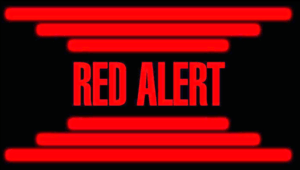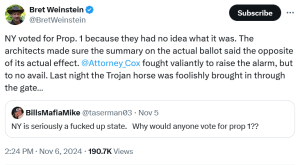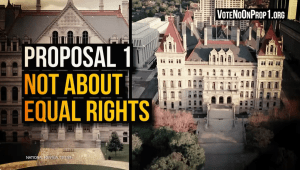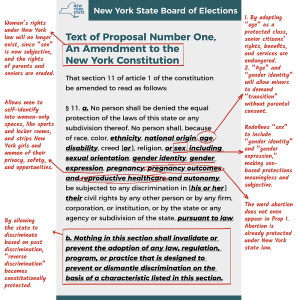You might be unfamiliar with the term “Chevron,” but it’s a name you’ll surely hear more often. In a groundbreaking ruling, the US Supreme Court has overturned the 1984 “Chevron doctrine” ruling that held that when Congress passes a law that lacks specificity, courts must give wide leeway to decisions made by the federal agencies charged with implementing that law. The recent decision ends that legal precedent, this means that the authority to interpret ambiguous laws is now handed back to Congress and the courts.
Attorney Cox recently had this to say about the landmark Chevron case, “SCOTUS kills Chevron! I’m thrilled! It was about time. Chevron was the single largest “legal loophole” affront on our Constitution in half a century! And now, it’s dead. Amen!” Read the entire article Here
Chief Justice John G. Roberts Jr., who wrote the majority opinion, called Chevron “unworkable.” The framework, he wrote, allowed agencies to “change course even when Congress has given them no power to do so.”
Regulatory sectors which could be significantly impacted:
- Immigration: “AILA president Kelli Stump added that the Supreme Court’s decision limits the power of the White House and federal agencies to make meaningful changes to the country’s immigration system.” ~ Houston Public Media article, Here
- Agriculture: “USDA and EPA will no longer have the broad authority to interpret ambiguous statutes. This change is expected to limit their ability to create and enforce regulations without explicit congressional authorization.” ~ Drovers News, Here
- Healthcare Policies: Medicare, Medicaid, FDA, CDC, and Affordable Care Act will all be affected. “The full impact will depend on how courts apply this new standard in specific cases but given that the health care industry is one of the most heavily federally regulated industries, the consequences are likely to be far-reaching.” ~ BHFS article Here
In summary, the overturning of the Chevron ruling is a significant legal shift that could have wide-ranging impacts on federal regulations in various sectors. Critics warn that the decision could lead to legal chaos, while supporters celebrate it as the beginning of the end for the Administrative State.
Stay tuned as events unfold in this landmark ruling.




















